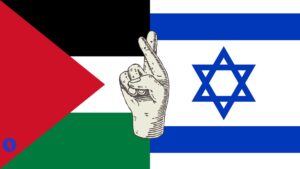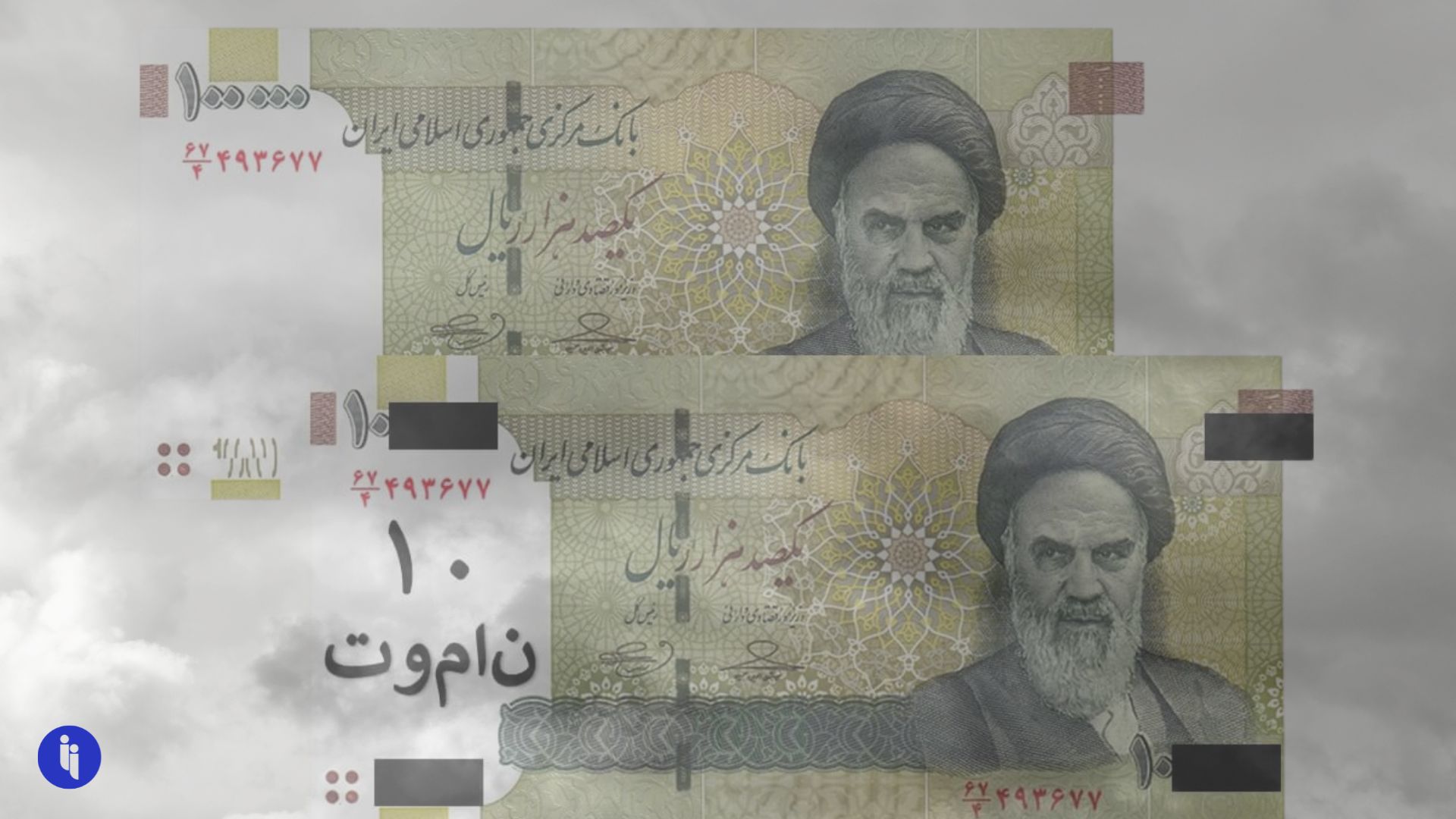Curious news has just emerged out of Tehran: the country’s quasi-parliament is reviving a long-discussed idea to delete four zeros from Iran’s currency (the rial).
Once approved, that means 10,000 old rials (24¢) will be replaced by one crisp new rial.
Why bother?
Stay on top of your world from inside your inbox.
Subscribe for free today and receive way much more insights.
Trusted by 145,000+ subscribers
No spam. No noise. Unsubscribe any time.
It’s no secret Iran’s economy is a mess — despite having the world’s largest combined oil and gas reserves (or separately #2 in gas and #3 in oil), plus a population comparable to Germany’s, its $400B GDP sits somewhere between Bangladesh and Nigeria.
And for Iran, that looks like 39% inflation, power outages, and empty shelves (particularly for medicine and tech). Now to be clear, the country pumps out quality engineers, doctors, scientists, and entrepreneurs: its Uber-equivalent (Snapp!) reportedly handles more daily trips in Tehran than Uber does anywhere on earth!
But the growth just isn’t there. Iran’s ruling mullahs blame sanctions from the West, which in turn blames the republic’s own record of repression at home and aggression abroad.
The theocracy’s own economic model is also a driver: the powerful Islamic Revolutionary Guard Corps (IRGC), which reports directly to the supreme leader, now controls 20-40% of Iran’s economy, including across construction, energy, telecommunications, and finance.
That not only encourages corruption, but discourages competition: who’s going to try competing with one of the country’s most feared institutions? It also stabilises the regime: those revolutionary defenders have a juicy stake in its survival.
Anyway, will this redenomination plan (aka moving the decimal point four places) change anything? In a practical, transactional sense, sure: daily life gets a little easier when your grocery bill or P&L isn’t just a sea of zeros.
And in a behavioural economics sense? Maybe: some research suggests a loaf of bread costing ‘2 new rials’ feels cheaper than ‘20,000 rials’, boosting consumer confidence even though their actual purchasing power remains unchanged.
Iran isn’t exactly alone, either:
- 🇹🇷 Turkey ditched six zeros when working with the IMF to stabilise inflation
- 🇿🇼 Zimbabwe’s culls failed to stop hyperinflation (fuelled by money printing), and
- Even 🇰🇵 North Korea once tried it back in 2009, wiping out household savings and triggering rare public unrest (the country’s top finance official got executed).
But… intrepid Intriguers will recall there are many countries out there — whether South Korea, Indonesia, or Norway — where a carton of milk costs 32,000 or whatever, and yet the economy is fine and governments aren’t out there slashing zeros. Even the UK has had its own bouts of inflation, but it never resorted to renaming James Bond ‘7’.
Rather, those leaning on redenomination are often in broader distress.
So will this work for Iran?
A similar measure once worked for arch rival Israel back in the 1980s, helping stabilise the macro conditions for growth. Ditto for Turkey, which enjoyed a solid monetary decade until Erdogan really started meddling (his lira just hit a new low against the dollar).
The lesson from history seems to be that, while redenomination won’t fix fundamentals, it can send a signal to citizens, markets, and investors that the government is serious — but only if paired with credible policies that tackle the systemic issues.
Intrigue’s Take
Like any currency tale, this one is ultimately about trust. It’s right there on the dollar bill: In God We Trust.
North Korea is always a wild outlier, but its 2009 experience was a potent reminder of this same point: as redenomination rumours rippled across the regime, folks started pre-emptively ditching the won, worsening one of the very problems it was hoping to solve.
These days in Iran’s case, trust is already waning — the rial has lost 90% of its value over the past decade. But there are insights in some of the brief rallies along the way, including ~30% in 2019, ~15% in 2023, and ~15% more just this April/May.
Those dates ring a bell? For 2023 and 2025, the rallies reflected hopes Iran’s mullahs might land some kind of deal with the US. As for that big 2019 rally? It was a ‘dead cat bounce’ after Trump 1.0’s withdrawal from the JCPOA triggered a huge 2018 collapse.
To us, those brief bumps on the way down are a reminder that Iran could and should be an economic power — a Turkey, but with endless oil and gas. But tapping that potential means normalising its ties with the world. And that means normalising its own regime.
Sound smarter:
- Many Iranians abandoned the rial in everyday transactions years ago, instead using the toman. One toman equals 10 rials.
- You might recall India ran a big demonetization (rather than redenomination) push in 2016, withdrawing two of its larger notes from circulation as a way to curb counterfeiting and push more households into the formal, digital economy. The World Bank and others concluded it was ultimately disruptive and ineffective.





